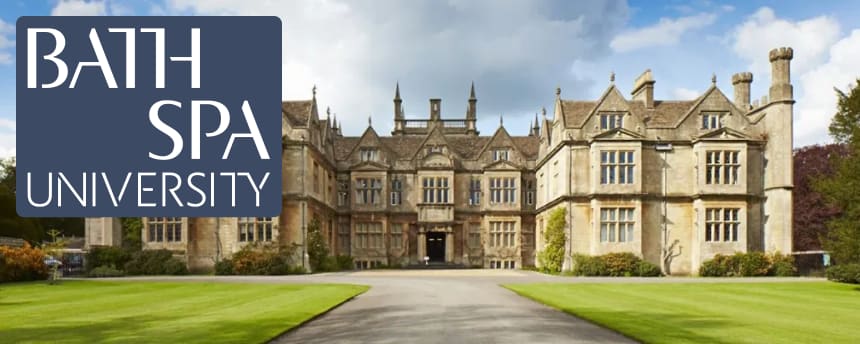

What was left behind (Short film, 2021)
The day that Arthurs Alzheimers catches up to him is one he's been dreading for a long time, which is why he decides to relive one last old memory.
Script Supervisors in film and television work as part of the camera department to make sure that the production has continuous verbal and visual integrity. They must ensure that when different takes and scenes are finally edited the production does not contain distracting continuity errors. Script Supervisors observe every shot closely and take precise and detailed notes to provide directors and editors with an authoritative reference. Script Supervisors work long hours and are involved during pre-production and principal photography. They may be required to spend long periods away from home.
During pre-production the Script Supervisor will check the script for any inconsistencies, prepare estimated running times, and break down the script according to production requirements. They will develop story synopses and character breakdowns, checking the shooting schedule to ensure that all the required scenes are shot and adequately covered from all required angles, and working closely with directors to anticipate and solve any potential problems.
On each day of principal photography, Script Supervisors file reports and photographic records for the previous day's shoot, and prepare all paperwork for post production. They check continuity requirements for each scene to be shot. During filming they closely monitor the script to check that no dialogue is overlooked, and cue actors where necessary. They keep detailed continuity notes and photographs or sketches of each actor and camera position for each shot. The detailed records they need to keep include all shot timings and camera movements, whether the scene is shot during the day or at night, any scene changes and their implications, all camera details including lenses and focal distances, and any inconsistencies.
They liaise closely about continuity with other departments including costume, makeup and hair, props and lighting. Where pick up shots are required, Script Supervisors provide actors with dialogue start points, and exact continuity details. They also ensure that other departments are aware of the status of each shot, and that clapper boards are marked up accordingly. Where more than one camera is used, they ensure that each camera's output is accurately identified. They confirm directors' take preferences and note these for post production. They often assist sound mixers in taking additional notes of any recorded wild tracks or voice–overs. Script Supervisors retype scripts to reflect any major dialogue changes, and markup scripts with slate numbers, cut points, and other relevant details for post production. They prepare detailed daily continuity reports, editors' daily log sheets and daily production reports. They also provide production with records of the requirements for any outstanding shots or inserts.
Express Interest




